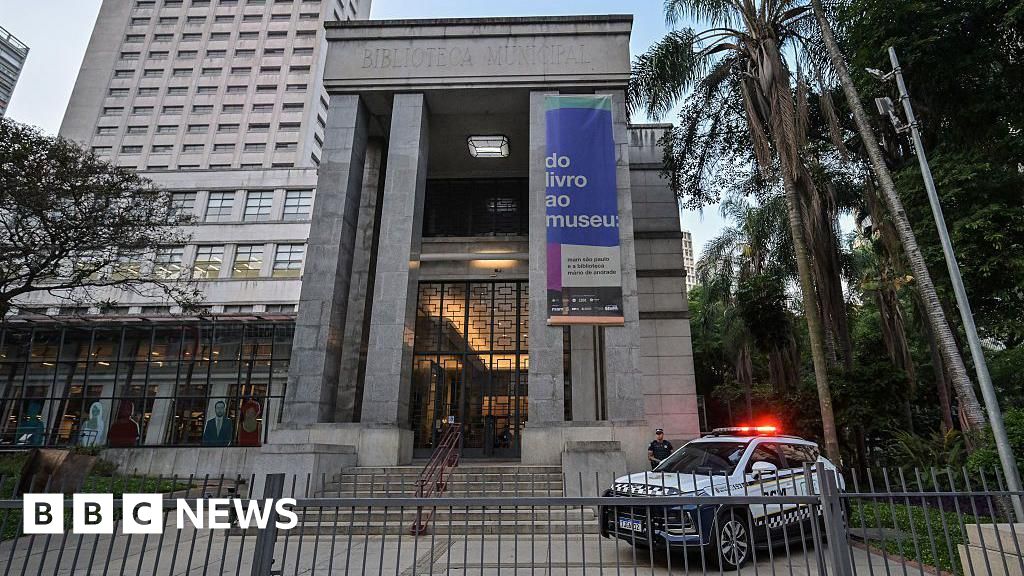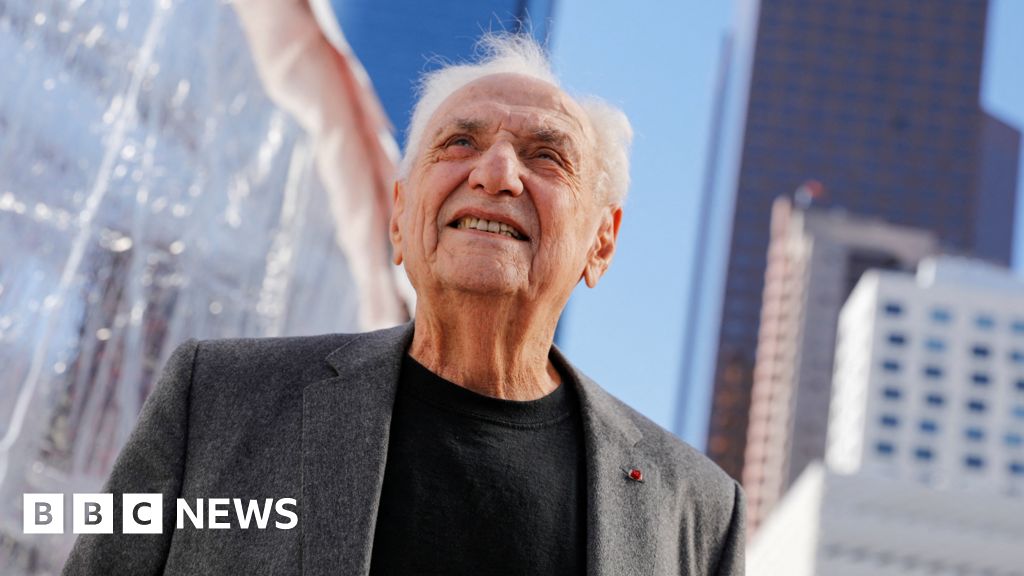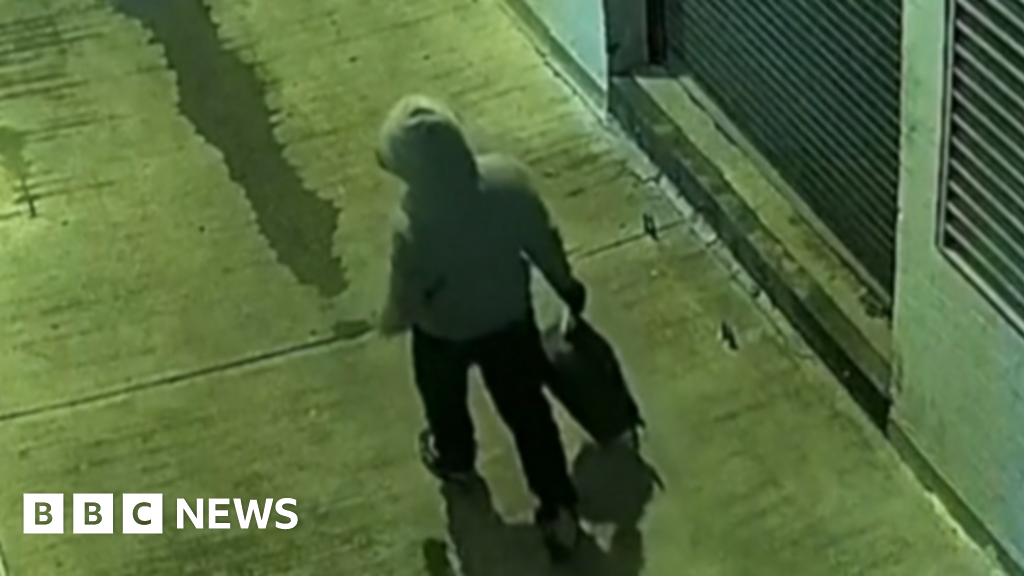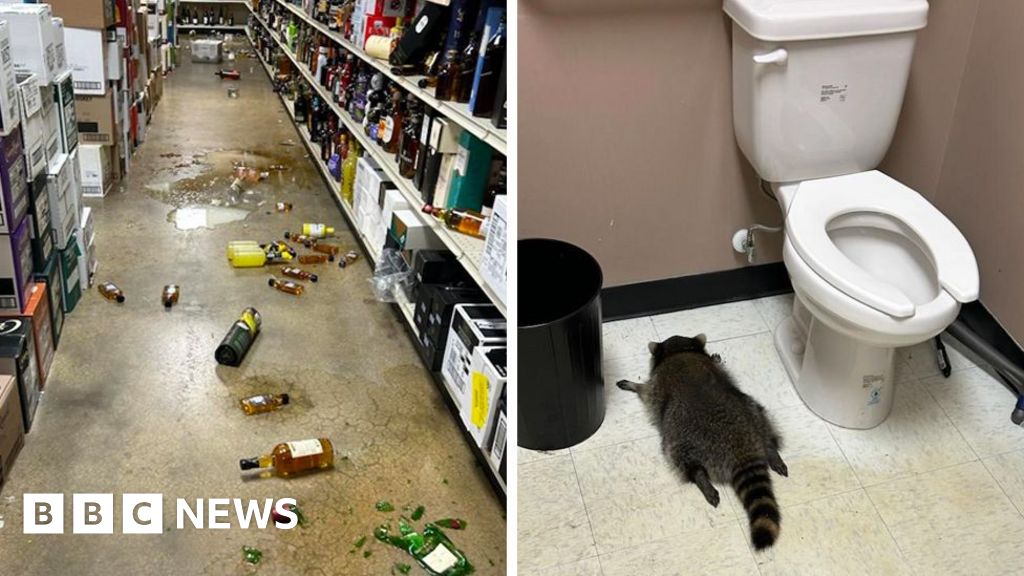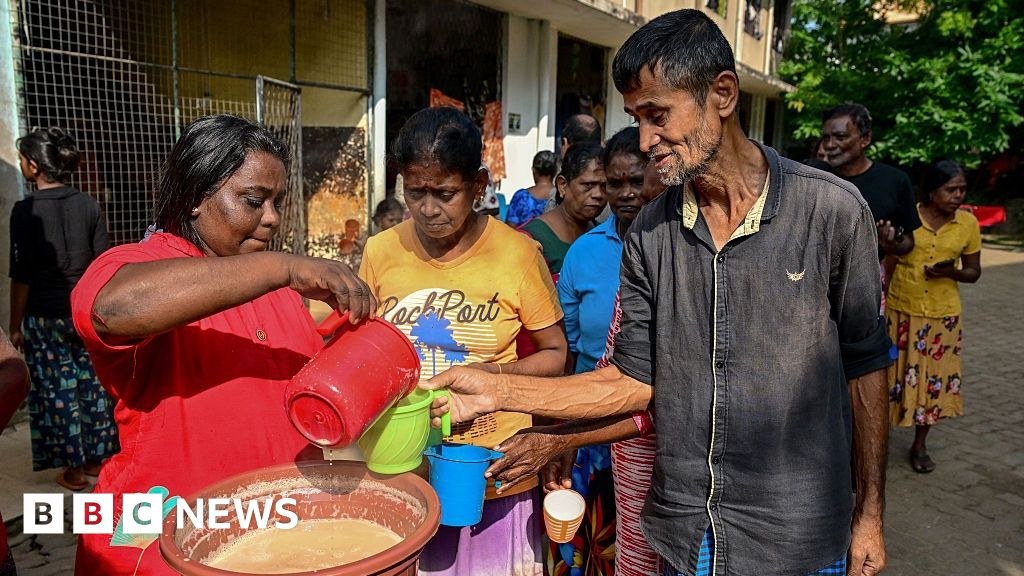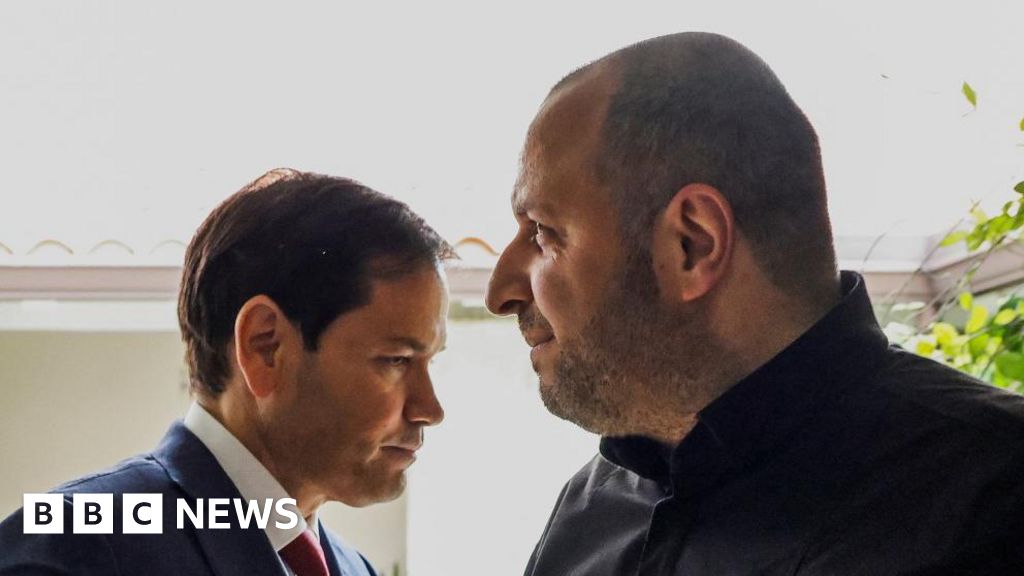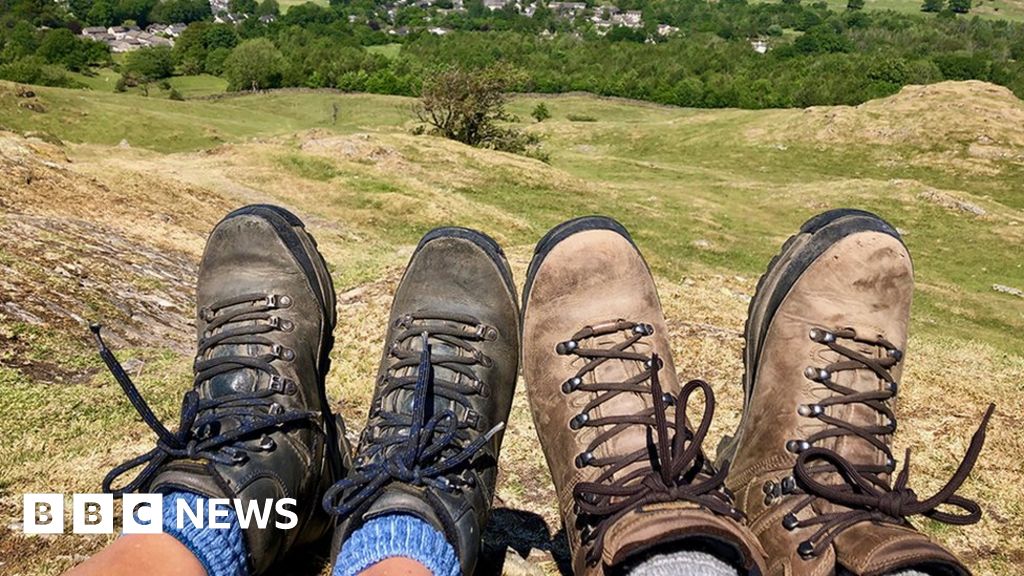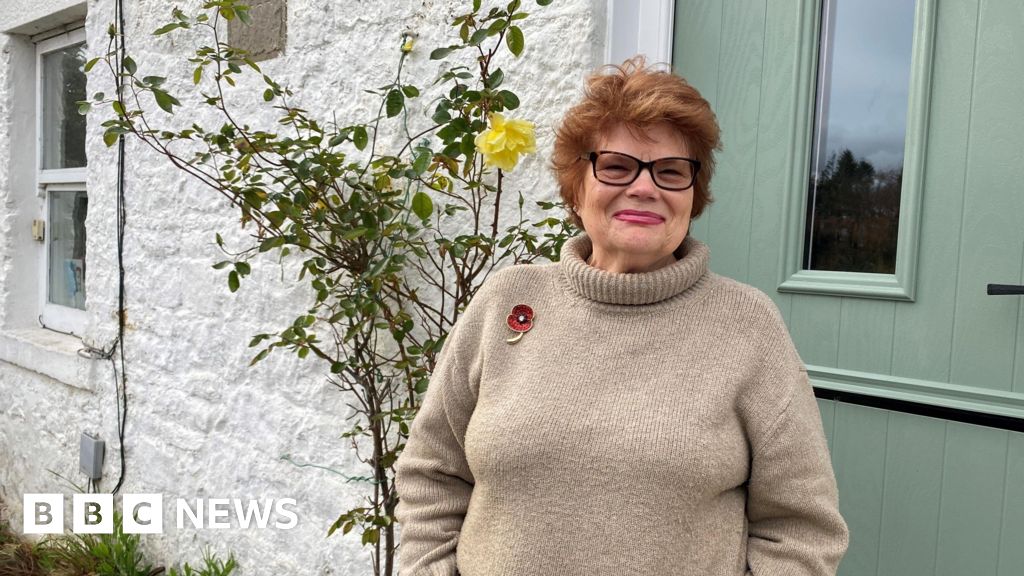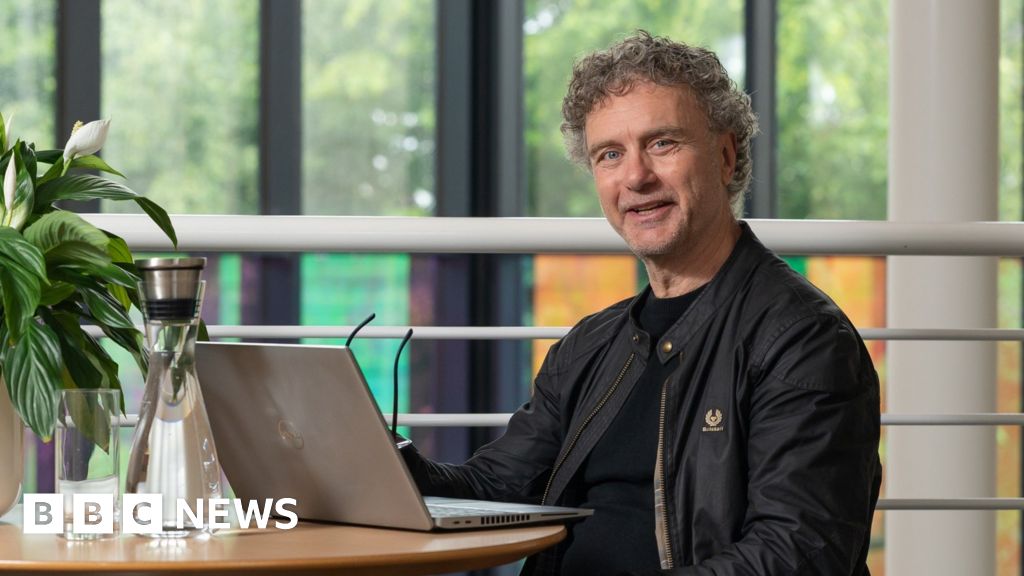Media playback is unsupported on your device
Lockdown confined everyone to their homes but for some disabled people it has continued even as the country opens up.
Vicky Haylott lives near Edinburgh with her husband and three children.
She says her life was pretty normal before lockdown with the “slight complication” that she is blind, as is her husband and eldest son.
Vicky says the family, including seven-year-old twins Blake and Freya, who are fully-sighted, never let their disabilities hold them back.
“It was never a case of ‘we can’t go there because we can’t see’ because if the kids needed to be somewhere we found a way to get there,” she says.
‘We can’t social distance’
However, Vicky says the new public health rules and physical distancing, where the layout of familiar places has fundamentally changed, have caused her problems she has never faced before.
“Coming out of lockdown has been much harder than being in full lockdown,” she says.
“For those of us with no vision, we can’t social distance, so the measures put in place now are impossible for us to adhere to.
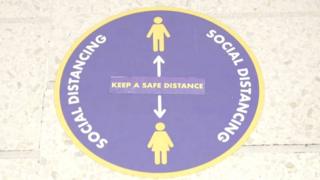
Blind people find it extremely difficult to keep to physical distancing rules
“It traps us because the constant nerves and worrying about whether you’re going to accidentally walk into someone or get run over by a bicycle, or not be able to find the queue for a shop.
“I’d have to rely heavily on the children which I’ve never done. They’re my children, I look after them, and I never want them to be my eyes, that’s not their job in life at all.”
She says people with disabilities have learned their own methods to navigate their way through the world.
“If those strategies are taken away very suddenly, that person can then be faced with an unmanageable situation,” she says.
“It’s not just difficult for a blind person to social distance, it is actually not possible if you are completely blind.”
‘I feel like I’m on a different planet’
Post-lockdown life has raised many questions for Vicky, including questioning her place in the world.
She says she has never felt so blind before and has less confidence as a result of the lockdown changes.
Vicky says she had never really been “fussed” about not being able to see.
“It never made me feel too far behind everyone else,” she says. “But now I feel as if I’m not only behind everyone else but I’m on a different planet.
“Whilst social distancing continues I would never advise any of my blind friends to have children. Whereas before, I was very much an advocate for it.”
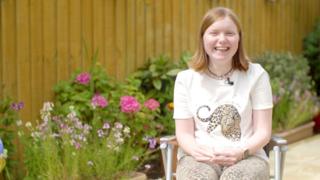
Katy Orr feels less independent because of lockdown restrictions
Katy Orr is 14 and lives in Ayrshire.
Her sight is limited to some peripheral vision in her left eye.
She too led an active life before lockdown.
Katy loved being outside, walking the dog, helping her gran in the garden, grooming and riding horses. The lockdown world has impacted on Katy’s self-confidence.
“I’m actually terrified now to go out,” she says. “Now I don’t know where I’m going, whether people are going to get into my two metres or I’m going to get in theirs and if I do I don’t know how they are going to react.
“So I’m absolutely terrified now going to the shops.”
‘It’s wiped out her independence’
Mum Lindsay says Katy was enthusiastic about being independent before lockdown and would be roaming around a shop on her own. Now Katy barely leaves her side.
“It’s wiped out her independence,” her mum says. “The mental impact of losing that is crippling to her. And you can really see it in her behaviour. It’s sad to see.”
Sally Witcher, chief executive of Inclusion Scotland, says not enough consideration was given to disabled people and their complex needs when lockdown came into effect, and this is having a continued impact now we are coming out of it.
“Clearly this has not been an easy time for everyone, but the situation that very many disabled people have found themselves in has been in a whole other league of awfulness,” she says.
“Disabled people have been abandoned. They feel forgotten and the responses that have sometimes been developed to support people haven’t helped, or haven’t been adequate, and haven’t recognised the needs that disabled people have.”
Disclosure: Locked Down and Shut Out is on BBC 1 Scotland on Monday 24 August at 1930 .
Previous Disclosure investigations include:
